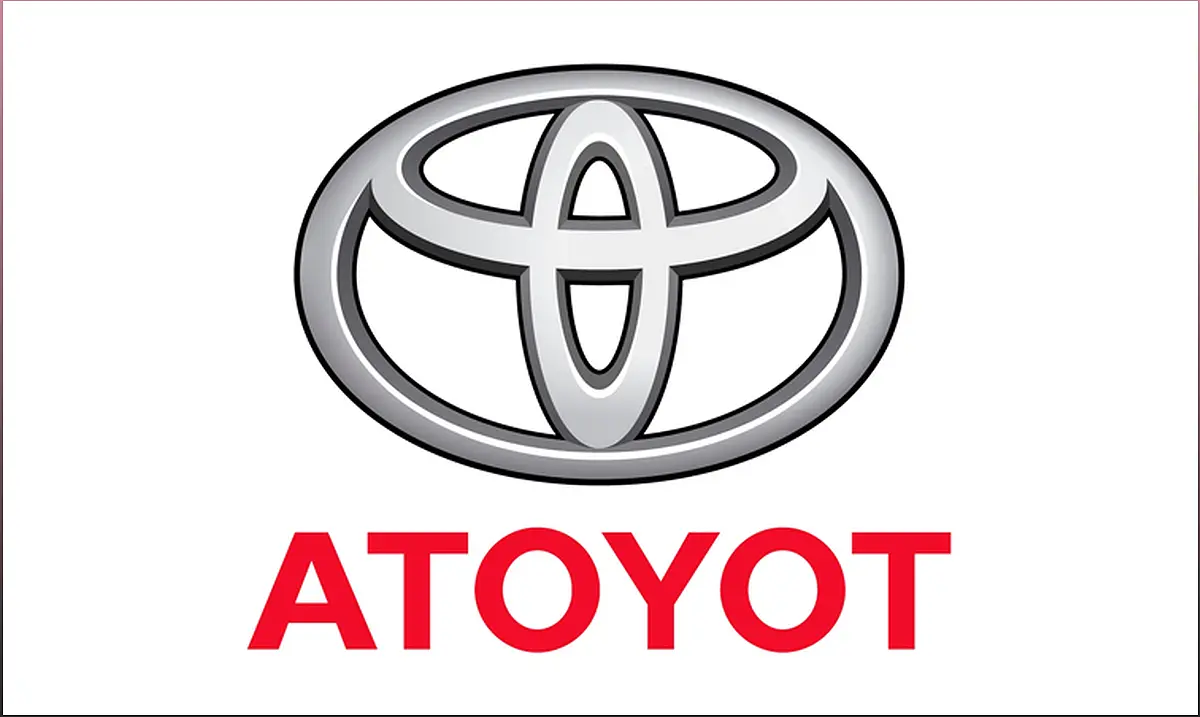Toyota has recently unveiled a groundbreaking Lexus concept car designed to travel approximately 620 miles on a single charge. This extended range is a significant advancement in electric vehicle technology, making it more practical for everyday use and long-distance travel. In line with Toyota's strategic shift towards advanced battery-powered vehicles, this concept car showcases the future of eco-friendly transportation. Let's delve into the details of this innovative development.
Extended Range: A Game Changer in Electric Vehicle Technology
Discover how the new Lexus concept car's extended range revolutionizes the electric vehicle industry.
The new Lexus concept car unveiled by Toyota boasts an extended range of 620 miles on a single charge, surpassing the typical range of most electric vehicles on the market. This breakthrough in electric vehicle technology is a game changer, as it allows for longer journeys without the need for frequent recharging.
With an extended range of this magnitude, the concept car becomes more practical for everyday use and long-distance travel, addressing one of the major concerns of electric vehicle owners. This advancement paves the way for a future where electric vehicles can compete with traditional gasoline-powered cars in terms of range and convenience.
Toyota's Strategic Shift Towards Advanced Battery Technology
Explore Toyota's commitment to advanced battery technology and its impact on the future of electric vehicles.
Toyota has been at the forefront of the automotive industry's shift towards electric vehicles. The unveiling of the new Lexus concept car is a testament to the company's commitment to advancing battery technology and pushing the boundaries of what electric vehicles can achieve.
By investing in state-of-the-art "prismatic, high-performance" batteries, Toyota aims to enhance the power and range of their electric vehicles. This strategic shift towards advanced battery technology not only improves the performance of electric vehicles but also contributes to a more sustainable and eco-friendly transportation system.
Solid-State Batteries: The Future of Electric Vehicles
Learn about Toyota's plans to introduce solid-state batteries and their potential to revolutionize the electric vehicle industry.
Toyota has set its sights on solid-state batteries as the future of electric vehicles. These batteries are considered a "game changer" due to their exceptional range and performance capabilities.
The collaboration between Toyota and Idemitsu Kosan to develop sulphide solid electrolyte, a crucial component of solid-state batteries, has paved the way for the commercialization of this groundbreaking technology. With solid-state batteries, electric vehicles can achieve even greater range and faster charging times, making them a viable option for a wider range of consumers.
Addressing Climate Change with Eco-Friendly Transportation Solutions
Explore how Toyota's innovation aligns with global efforts to combat climate change through eco-friendly transportation.
As concerns about climate change continue to grow, the need for eco-friendly transportation solutions becomes increasingly urgent. Toyota's breakthrough in electric vehicle technology aligns seamlessly with these global efforts to reduce greenhouse gas emissions and promote sustainable transportation.
In Nigeria, where transportation contributes significantly to greenhouse gas emissions, the government recognizes the potential of electric vehicles to address this issue. With abundant renewable energy and natural resources, such as lithium for batteries and petrochemicals for composites, Nigeria has the potential to embrace eco-friendly transportation solutions and reduce its carbon footprint.
Conclusion
The unveiling of the new Lexus concept car by Toyota marks a significant milestone in the electric vehicle industry. With its extended range of 620 miles on a single charge, this concept car showcases the potential of advanced battery technology and its ability to revolutionize the way we travel.
Toyota's strategic shift towards electric vehicles and their commitment to developing solid-state batteries further solidify their position as a leader in eco-friendly transportation solutions. As the world focuses on combating climate change, innovations like these pave the way for a greener and more sustainable future.
FQA
How does the extended range of the Lexus concept car compare to other electric vehicles?
The extended range of 620 miles on a single charge offered by the Lexus concept car surpasses the typical range of most electric vehicles on the market, which usually ranges from 150 to 370 miles. This extended range makes the concept car more practical for everyday use and long-distance travel.
What is Toyota's plan for solid-state batteries?
Toyota aims to introduce solid-state batteries in their electric vehicles by 2027 or 2028. These batteries are considered a "game changer" for the industry due to their exceptional range and performance capabilities. Toyota's collaboration with Idemitsu Kosan to develop sulphide solid electrolyte is a crucial step towards commercializing this groundbreaking technology.
How does Toyota's innovation align with global efforts to combat climate change?
Toyota's breakthrough in electric vehicle technology aligns seamlessly with global efforts to combat climate change. By reducing greenhouse gas emissions through eco-friendly transportation solutions, such as electric vehicles, Toyota contributes to creating a more sustainable future. This innovation also aligns with the Nigerian government's recognition of the need for electric vehicles to address transportation's contribution to greenhouse gas emissions.

